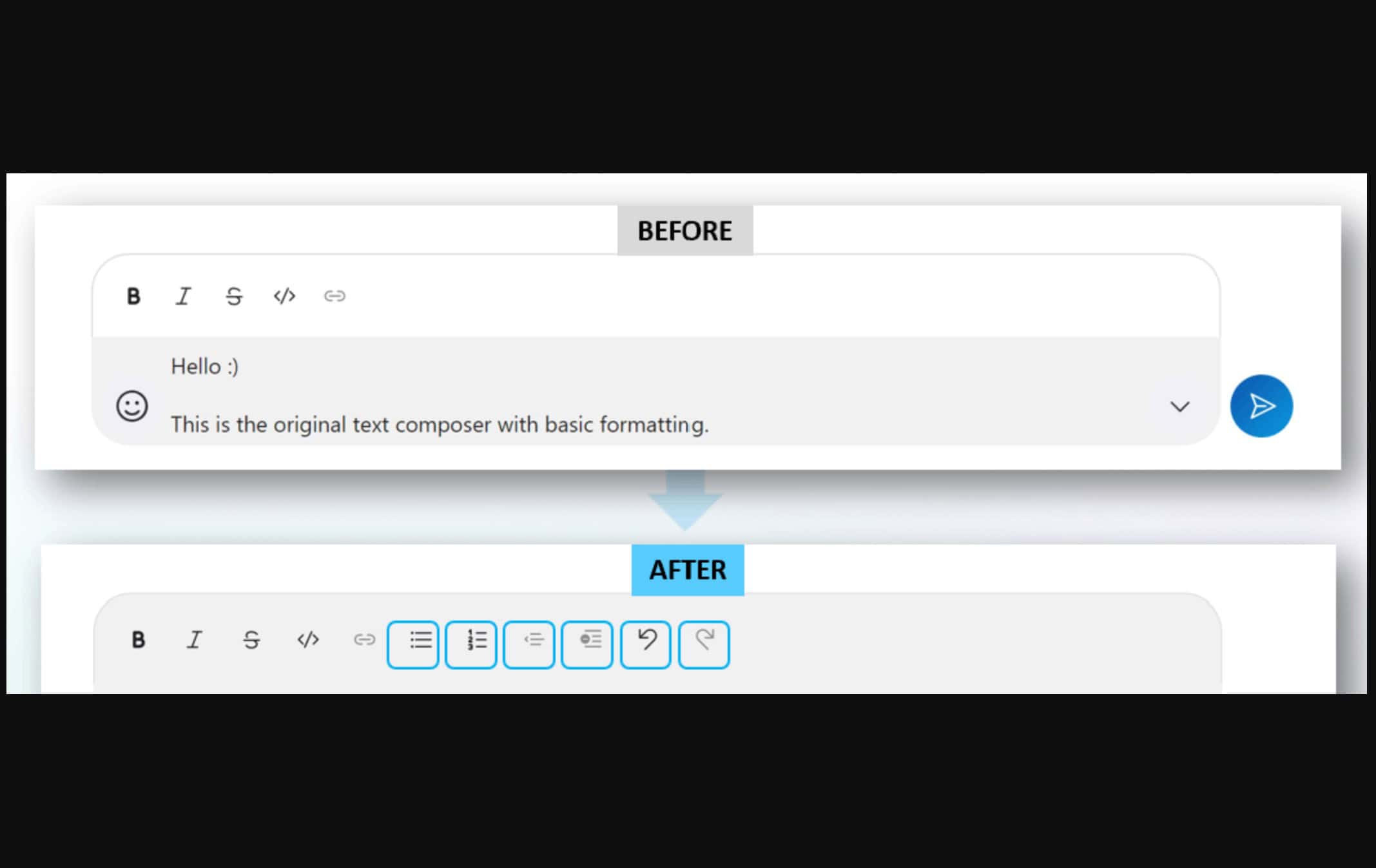Microsoft Begins Talking About Their Next Generation Programming Language, C# For Systems Programming
3 min. read
Published on
Read our disclosure page to find out how can you help MSPoweruser sustain the editorial team Read more

Joe Duffy, an architect and developer on a research operating system at Microsoft has blogged about the next generation programming language they have been working on in the past couple of years. Microsoft is now describing this upcoming language as “systems programming” extensions to C#. Microsoft is trying to pitch this language as cross between Safety & Productivity centric C#, Java, etc, and Performance centric C++.
Here are the 6 important features of the language,
) Lifetime understanding. C++ has RAII, deterministic destruction, and efficient allocation of objects. C# and Java both coax developers into relying too heavily on the GC heap, and offers only “loose” support for deterministic destruction via IDisposable. Part of what my team does is regularly convert C# programs to this new language, and it’s not uncommon for us to encounter 30-50% time spent in GC. For servers, this kills throughput; for clients, it degrades the experience, by injecting latency into the interaction. We’ve stolen a page from C++ — in areas like rvalue references, move semantics, destruction, references / borrowing — and yet retained the necessary elements of safety, and merged them with ideas from functional languages. This allows us to aggressively stack allocate objects, deterministically destruct, and more.
2) Side-effects understanding. This is the evolution of what we published in OOPSLA 2012, giving you elements of C++ const (but again with safety), along with first class immutability and isolation.
3) Async programming at scale. The community has been ’round and ’round on this one, namely whether to use continuation-passing or lightweight blocking coroutines. This includes C# but also pretty much every other language on the planet. The key innovation here is a composable type-system that is agnostic to the execution model, and can map efficiently to either one. It would be arrogant to claim we’ve got the one right way to expose this stuff, but having experience with many other approaches, I love where we landed.
4) Type-safe systems programming. It’s commonly claimed that with type-safety comes an inherent loss of performance. It is true that bounds checking is non-negotiable, and that we prefer overflow checking by default. It’s surprising what a good optimizing compiler can do here, versus JIT compiling. (And one only needs to casually audit some recent security bulletins to see why these features have merit.) Other areas include allowing you to do more without allocating. Like having lambda-based APIs that can be called with zero allocations (rather than the usual two: one for the delegate, one for the display). And being able to easily carve out sub-arrays and sub-strings without allocating.
5) Modern error model. This is another one that the community disagrees about. We have picked what I believe to be the sweet spot: contracts everywhere (preconditions, postconditions, invariants, assertions, etc), fail-fast as the default policy, exceptions for the rare dynamic failure (parsing, I/O, etc), and typed exceptions only when you absolutely need rich exceptions. All integrated into the type system in a 1st class way, so that you get all the proper subtyping behavior necessary to make it safe and sound.
6) Modern frameworks. This is a catch-all bucket that covers things like async LINQ, improved enumerator support that competes with C++ iterators in performance and doesn’t demand double-interface dispatch to extract elements, etc. To be entirely honest, this is the area we have the biggest list of “designed but not yet implemented features”, spanning things like void-as-a-1st-class-type, non-null types, traits, 1st class effect typing, and more. I expect us to have a few of these in our mid-2014 checkpoint, but not all of them.
Read more from the link here.








